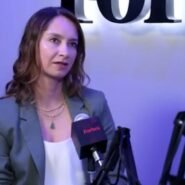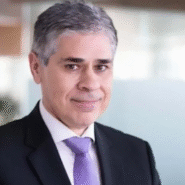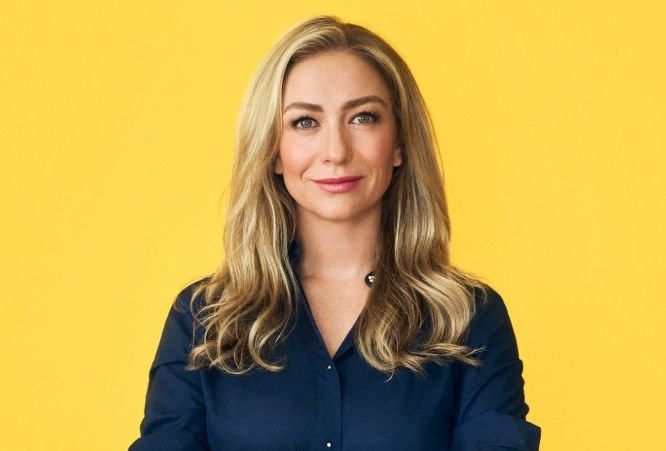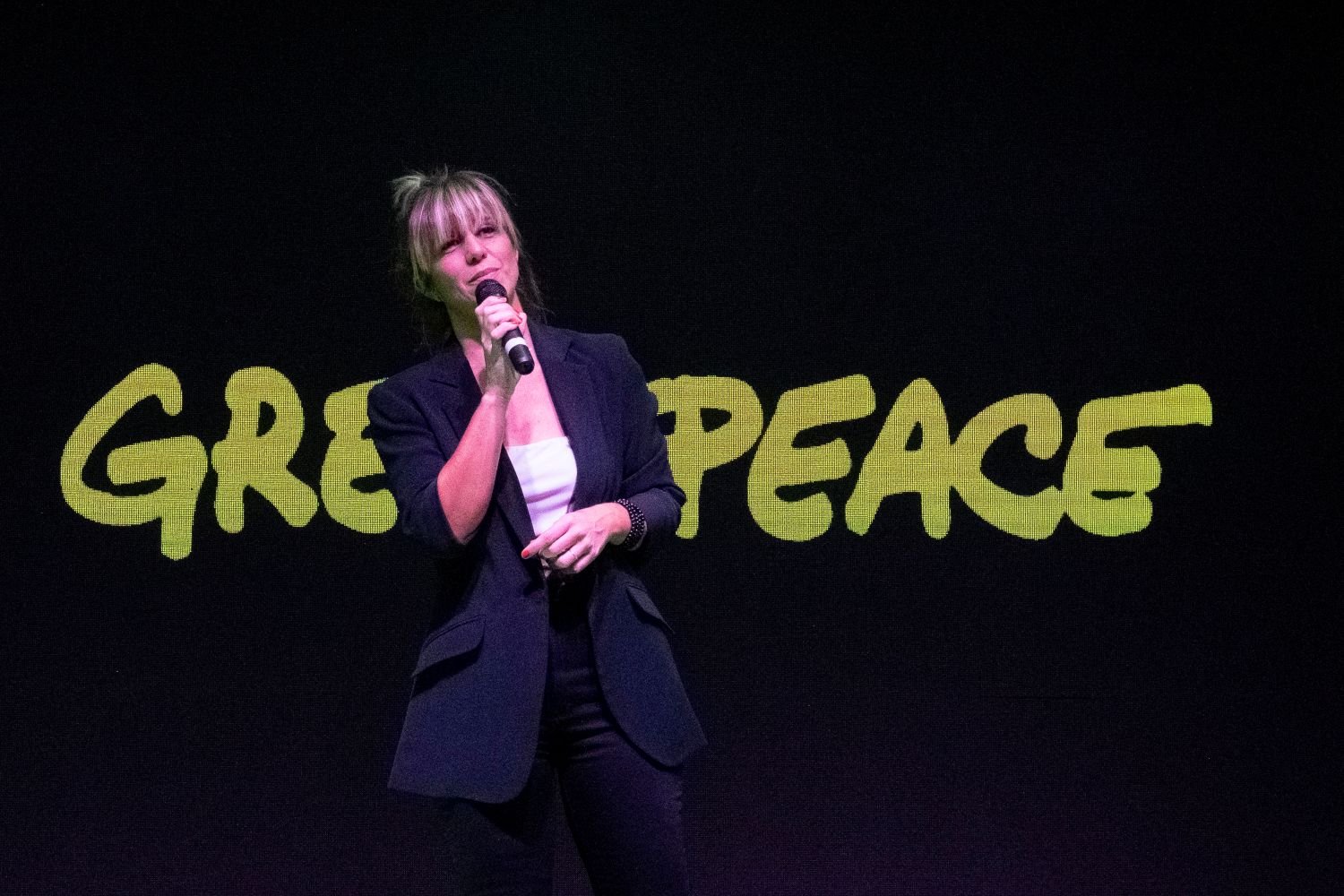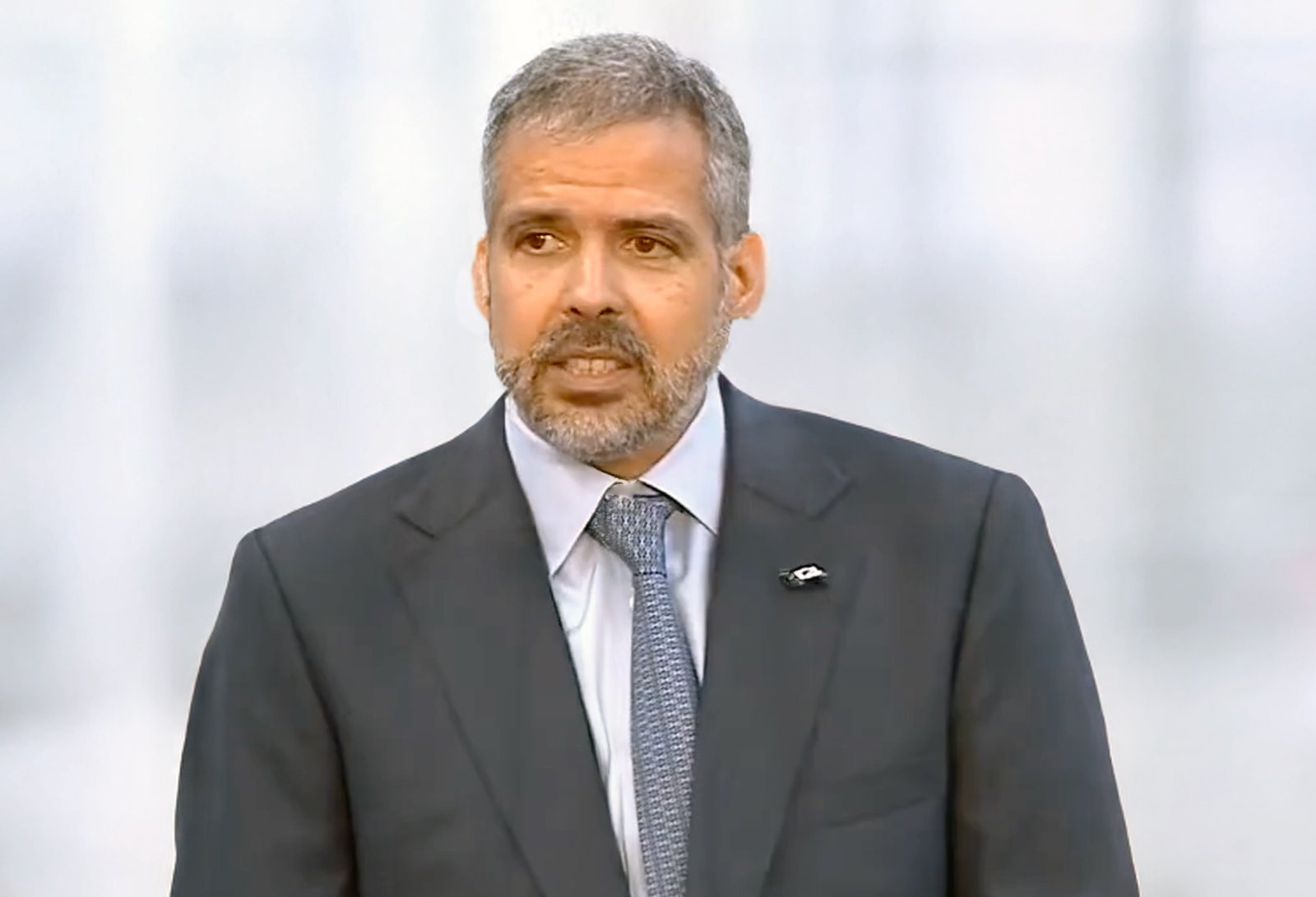Loretta A. Preska was born on January 7, 1949, in Albany, the capital city of New York State in the United States. She currently serves as a senior United States district judge, specifically in the Southern District of New York. Preska is widely recognized for her legal career, her performance in the federal judiciary, and for presiding over several high-profile cases.
Throughout her career, Judge Preska has overseen numerous prominent cases, especially those involving commercial litigation and copyright law. Notable examples include a case involving the Metropolitan Museum of Art and the rights to a Picasso painting, as well as defamation suits, such as one against the New York Post. Additionally, she holds a particular connection with Argentina. Why?
She currently presides over a case involving Argentina and the oil company YPF, maintaining ongoing communication with the current government. Judge Preska has emphasized the need for the Argentine state to submit the required documentation in the ongoing legal process.
Preska: Her path in the field of justice
Preska graduated with a degree in chemistry from the College of Saint Rose. Three years later, she began her legal education. In 1973, she earned her Juris Doctor from Fordham University School of Law. Five years later, she completed a Master of Laws (LL.M.) degree in trade regulation from New York University School of Law.
Her professional career began in 1973, when she started working in private practice, a role she held until 1992. Since being appointed as a federal judge, she has focused on civil and commercial disputes in federal courts.
In 1992, Preska was appointed to the United States District Court for the Southern District of New York by then-President George H. W. Bush. She served in this role from 2009 to 2016, after which she assumed senior status.
Preska: Notable cases in her career
Preska has handled a wide range of cases, from criminal matters to labor disputes, defamation suits, commercial conflicts, and copyright claims.
In the realm of criminal law, she supervised the case against Héctor Xavier Monsegur, a hacker who was associated with Anonymous, the well-known activist group responsible for cyberattacks on governments. After his arrest, Monsegur became a government informant. Due to his cooperation and the intelligence he provided, Preska approved a reduced sentence.
In labor litigation, Preska presided over a long-standing case between the Hotel and Restaurant Employees Union and the Metropolitan Opera of New York. She ruled in favor of the opera house, citing dishonesty on the part of the union in its court dealings, among other factors.
She also handled a defamation case brought by Richard Jewell, an American security guard, against the New York Post. Jewell had alerted police to the bombing at Centennial Olympic Park during the 1996 Summer Olympics in Georgia, but media reports, including headlines in the Post, portrayed him as a suspect. The case was settled when the newspaper offered a financial sum, the details of which remain undisclosed.
In commercial and copyright litigation, Preska ruled in favor of the Metropolitan Museum of Art, dismissing a lawsuit demanding the return of a Picasso painting to the heir of its original owners.
Preska’s current work
Preska is currently making headlines in Argentina due to her role in the lawsuit regarding the expropriation and nationalization of the oil company YPF. She ruled against Argentina and in favor of the investment fund Burford Capital in a case involving billions of dollars. Argentina was ordered to pay $16 billion for failing to make a public offer to purchase shares from minority stakeholders at the time of expropriation. Argentina is currently seeking ways to contest or reduce this payment.
Over the course of her judicial career, Judge Preska has ruled on cases involving major entities such as the New York Post, the Metropolitan Museum of Art, MasterCard Inc., and FIFA (Fédération Internationale de Football Association), the global football governing body.
Her judicial approach is often described as conservative. She is a member of the Federalist Society for Law and Public Policy Studies (FedSoc), a prominent conservative legal organization in the U.S. The society was founded by law students from top American universities such as Yale, Harvard, and the University of Chicago, and it promotes an originalist and textualist interpretation of the U.S. Constitution.
